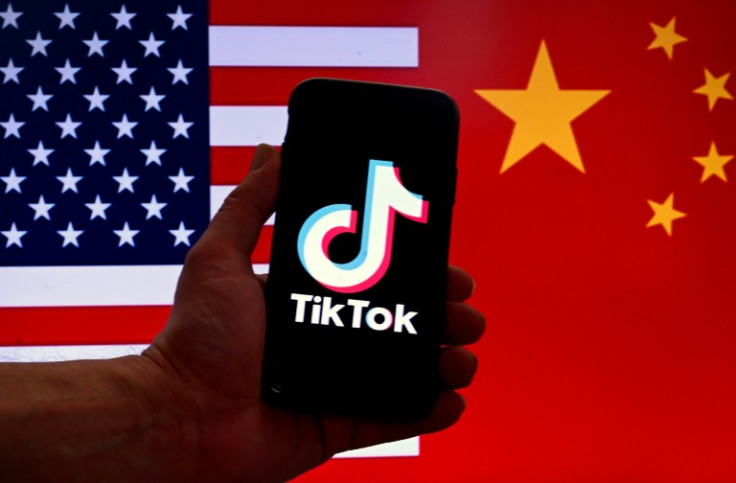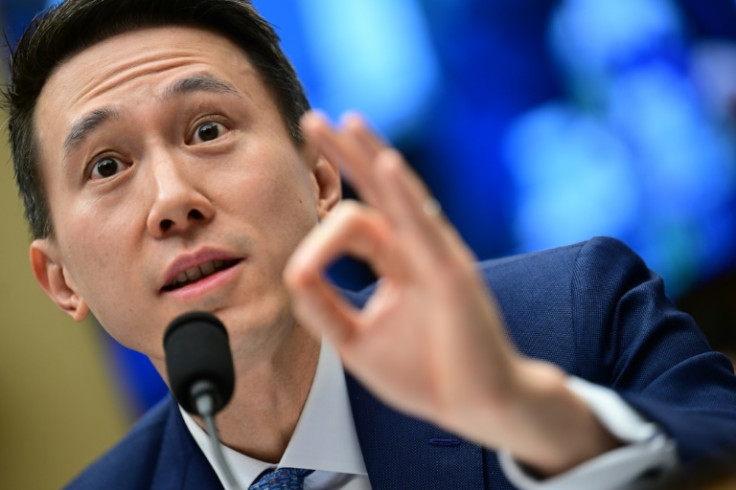China Will 'Firmly Oppose' Sale Of TikTok In US

KEY POINTS
- China's Commerce Ministry insisted Beijing should have a say on TikTok issues
- China warns of negative implications of TikTok's potential ban in the U.S.
- House lawmakers remain unimpressed by the TikTok CEO's explanation
For the first time, China has broken its silence over the dilemma its popular homegrown app faces in the U.S.
China's Commerce Ministry said it would oppose any forced sale of TikTok after the revelation that the Biden administration's Committee on Foreign Investment in the United States (CFIUS) pressured them to sell its shares from the video-sharing app or face a ban.
"China will firmly oppose it," Shu Yuting, a spokesperson for the Chinese Commerce Ministry, said, the Wall Street Journal reported.
China warned that the Biden administration's proposal for a forced sale of ByteDance's shares in TikTok would severely undermine Chinese investors' confidence in the U.S.
Chinese authorities also insisted that they should resolve such technology-export issues in accordance with Chinese laws.
"Chinese government would make a decision based on related laws," Shu said.
China's response came after TikTok's chief executive faced House lawmakers from both sides of the aisle in a last-ditch effort to save its 150-million-user market in the U.S.
Georgia Republican Rep. Buddy Carter, the vice-chairperson of the House Committee on Energy and Commerce, told TikTok CEO Shou Zi Chew that the hearing aims to address national security and data privacy concerns surrounding the Chinese video-sharing app.
"We may not always agree on how to get there, but we care about our national security, we care about our economy, and we sure as heck care about our children," Carter said, CNBC reported.
For more than five hours, lawmakers grilled Chew over TikTok's potential to harm children's safety, the app's handling of user data and its alleged connections to the Chinese Communist Party (CCP).
Chew downplayed accusations of TikTok's ties with the Chinese government, arguing that the company doesn't ask its employees about their political affiliations. He also noted that ByteDance CEO Liang Rubo is not a CCP member.
However, Chew admitted that its China-based employees still have access to some U.S. data. TikTok's top executive reassured lawmakers that its new data would no longer be sent to China once they finish deleting it from its Singapore and Virginia-based servers.
To reassure lawmakers, the TikTok CEO boasted Project Texas, a $1.5 billion initiative to restore U.S. confidence in the app by tapping American security experts to check its operations.
Shou's responses failed to sway the views of the lawmakers.
New Jersey Democratic Rep. Frank Pallone said he was not impressed by TikTok's Project Texas, insisting that the Chinese government would still have ways to influence the video-sharing app.
Republican representatives Cathy McMorris of Washington and Darren Soto of Florida said TikTok does not embrace American values, suggesting a U.S.-based company should handle it to stop its connections with the CCP.
TikTok spokesperson Brooke Oberwetter criticized the handling of the House hearing, saying it was "dominated by political grandstanding that failed to acknowledge real solutions" by Project Texas.
Oberwetter also highlighted that TikTok houses 5 million small businesses and the First Amendment implications of banning the platform in the U.S.

© Copyright IBTimes 2024. All rights reserved.












